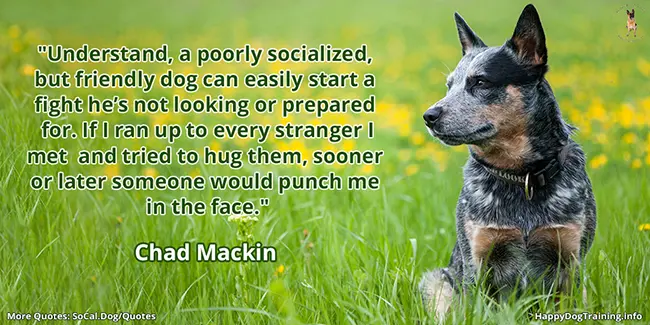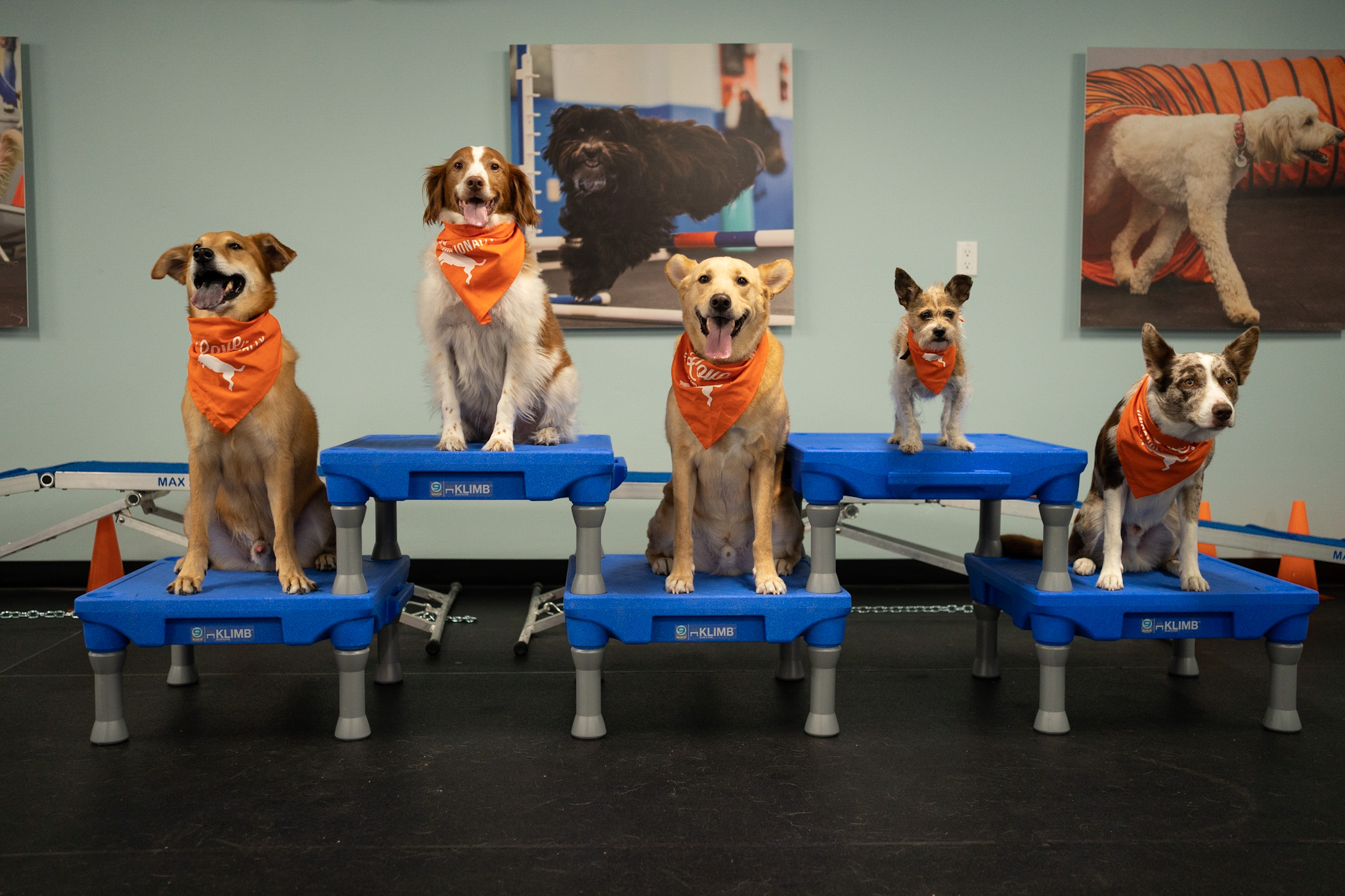Why Dog Training Near Me is Necessary for Your Canine Buddy
Why Dog Training Near Me is Necessary for Your Canine Buddy
Blog Article
Unlock Your Dog's Potential: Proven Canine Training Methods for Success
Reliable pet training is a nuanced procedure that hinges on understanding canine behavior and employing clinically backed techniques. dog training charlotte. By incorporating positive reinforcement, establishing clear commands, and prioritizing socialization, canine owners can cultivate an efficient connection with their animals. Difficulties commonly develop that call for customized options and a client method. Exploring these proven methods reveals not just the capacity for behavioral improvement yet additionally the much deeper bond that can be formed between proprietor and pet dog. What vital techniques must be considered to truly open your pet dog's capacity?
Comprehending Dog Habits
Understanding pet dog behavior is crucial for efficient training and fostering a positive partnership between pets and their owners. A thorough grasp of canine body movement, vocalizations, and social communications is crucial for identifying their emotions and needs. Pet dogs communicate mostly via non-verbal cues; for instance, a wagging tail might suggest exhilaration, while pinned ears can signal worry or entry.

Moreover, environmental factors play a significant duty in forming a dog's actions. Adjustments in regular, brand-new environments, or the existence of unknown individuals can result in stress or anxiety in pets. Identifying these triggers makes it possible for proprietors to alleviate unfavorable reactions and create ideal training approaches.
Eventually, a deep understanding of canine behavior lays the structure for effective training techniques, improving both behavior and the total bond in between the pet and its proprietor. dog training charlotte. This understanding is important for fostering a well-adjusted, happy canine buddy
Positive Reinforcement Strategies
Reliable training depends greatly on positive reinforcement strategies, which have actually been shown to yield substantial lead to shaping wanted actions in pet dogs. This technique involves awarding a pet for displaying specific habits, thereby boosting the possibility that these actions will be duplicated. Rewards can take different kinds, including deals with, appreciation, playthings, or play, depending upon what motivates the individual dog.

It is vital to slowly phase out rewards as the dog finds out the behavior, transitioning to periodic reinforcement. This strategy keeps the habits in time while avoiding dependence on continuous incentives. By concentrating on positive support, trainers can grow a trusting relationship with their pets, advertising a healthy and participating training atmosphere that enhances general obedience and performance.
Developing Consistent Commands
A basic element of effective pet dog training is the establishment of constant commands. Consistency in commands is vital for effective interaction between the instructor and the canine. When commands are uniform, pets discover to link certain words with desired habits, which accelerates the training process and boosts understanding.
To establish regular commands, it is vital that all member of the family make use of the same terms and gestures. If one person makes use of "rest" while another claims "rest down," it can produce complication for the canine. Select clear, unique words for commands and ensure everyone entailed in the dog's training adheres to these selections.
Additionally, repeating is vital. Reinforce commands via constant practice, guaranteeing that the pet receives sufficient possibilities to respond properly. When a pet dog efficiently adheres to a command, immediate positive reinforcement must comply with. This might be in the kind of deals with, praise, or playtime, strengthening the link between the command and the activity.
Lastly, hold your horses. Establishing consistent commands takes time and initiative. With devotion and quality, you will certainly assist your dog establish a strong understanding of assumptions, inevitably bring about a mannerly buddy.
Socialization and Exposure
Mingling a pet dog is necessary for promoting a well-adjusted and positive friend. This procedure involves revealing your pet dog to a range of settings, individuals, and other pets to establish their social skills and flexibility. Early socializing, ideally in between the ages of three to fourteen weeks, is crucial, as it prepares for a pet dog's future behavior.
Throughout socialization, purpose to supply positive experiences in various settings, such as parks, active streets, and homes with various other animals. Introduce your pet dog to various stimulations, including audios, sights, and scents, making sure that each encounter is fulfilling. This exposure helps alleviate worry and anxiousness, leading the way for an extra durable pet.
Engaging in regulated group play sessions with various other pets can likewise boost social skills, showing your pet dog suitable interactions and limits. Focusing on socialization will substantially add to your pet's overall happiness and habits throughout their life.
Overcoming Common Training Difficulties

One more constant problem is distraction. Pet dogs click site may have a hard time to focus in unknown or active settings. Progressively desensitize your canine to disturbances by starting training in a peaceful environment and slowly presenting more stimulations as they come to be skilled (Dog training). Positive support techniques, such as treats and appreciation, can maintain motivation and emphasis.
Furthermore, behavior concerns like leaping or excessive barking can end up being discouraging. Address these by teaching alternative habits, such as resting steadly when greeting guests. Consistency and persistence are vital; enhance wanted behaviors consistently and avoid scolding, which can result in confusion.
Finally, acknowledge that each pet dog is special, and training timelines might differ. Dressmaker my link your technique to your pet dog's specific demands, and look for expert support if needed. With determination and the ideal approaches, getting over these obstacles can cause a trained, delighted canine buddy.
Final Thought
To conclude, unlocking a canine's potential demands a comprehensive approach that incorporates an understanding of canine actions, the application of favorable support methods, and the establishment of regular commands. Early socializing and direct exposure to diverse environments further boost a pet's flexibility and self-confidence. By dealing with typical training challenges with tailored approaches and perseverance, a participating and harmonious relationship in between pet and handler can be fostered, inevitably leading to a well-behaved companion with the ability of prospering in various situations.
Efficient canine training is a nuanced process that pivots on recognizing canine habits and employing medically backed techniques.Recognizing pet dog behavior is essential for reliable training and promoting a positive connection in between dogs and their proprietors.Efficient training relies greatly on positive reinforcement techniques, which have actually been shown to produce significant outcomes in forming preferred behaviors in pet dogs. When commands are uniform, pet dogs learn to link specific words with wanted behaviors, which speeds up the training process and enhances understanding.
In verdict, unlocking a pet dog's prospective demands an extensive next strategy that integrates an understanding of canine actions, the application of positive support strategies, and the establishment of constant commands.
Report this page